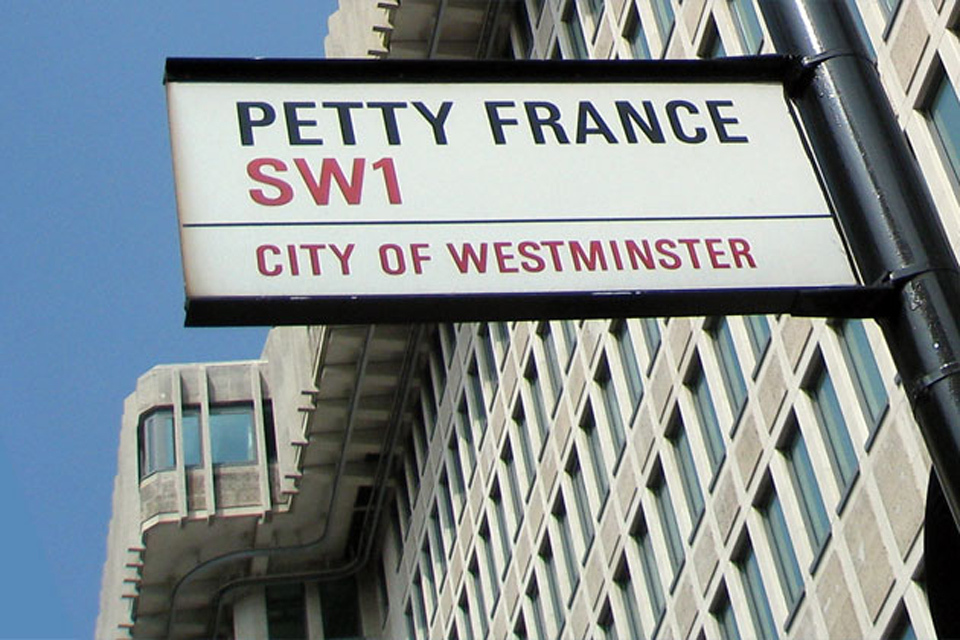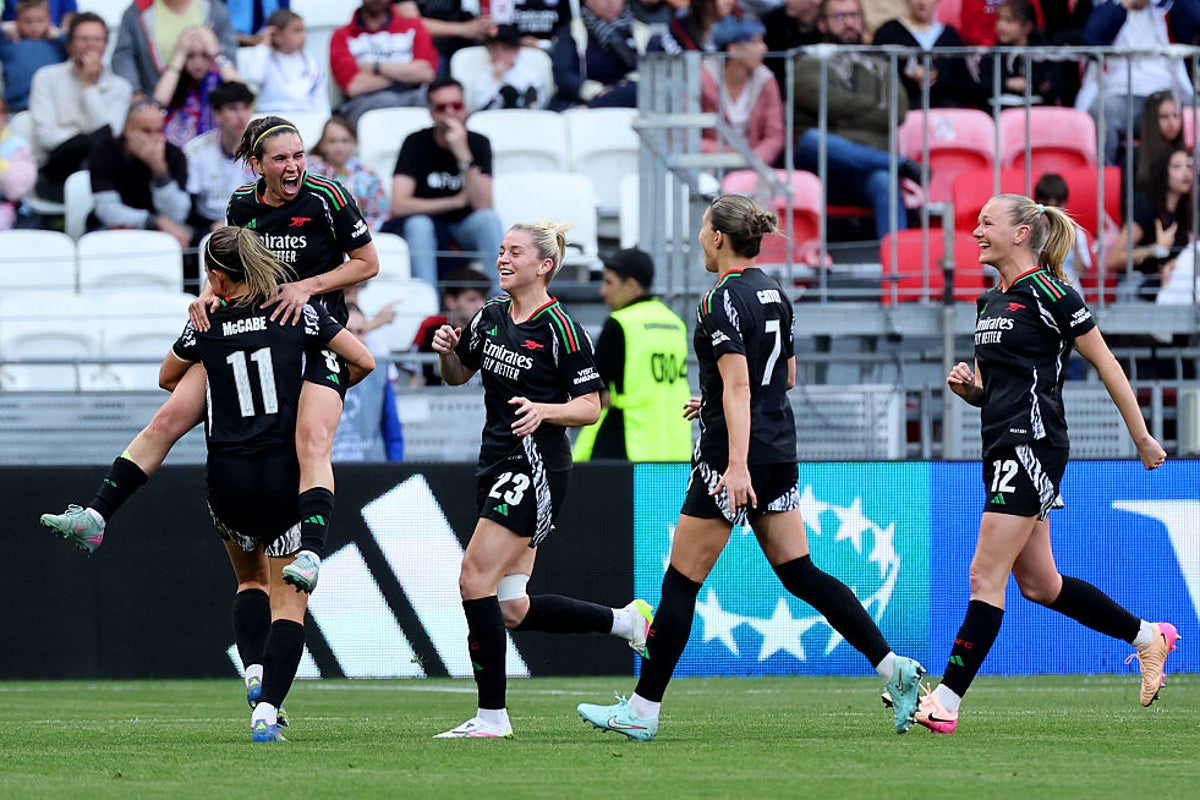One of Pope Francis’ enduring legacies was that he greatly expanded the diversity of cardinals who will elect his successor, naming “princes of the church” from faraway countries that had never had one before.
That legacy is now throwing a wrench in the traditional sport of speculating about the next pope, since these far-flung cardinals don’t know one another well and haven’t coalesced into clear voting blocs going into the conclave, the centuries-old ritual to elect a new pope.
As a result, all that is certain about the upcoming conclave is that there is no certainty.
As the Oscar-nominated film “Conclave” made clear, the election of a pope is a Hollywood-worthy drama steeped in mystery, secrecy and faith. But real-world politics and personal calculations come into play and will weigh on the 130-plus cardinals when they enter the Sistine Chapel to cast their ballots.
What will the cardinals be looking for?
No date has yet been set for the conclave, but it must start by May 10. After Francis’ funeral Saturday, the cardinals who have flocked to Rome will meet regularly this week, sizing one another up as they discuss the needs of the 1.4 billion-strong Catholic Church following Francis’ revolutionary papacy.
Francis’ 12-year pontificate was characterized by a focus away from doctrinaire rules to making the church more inclusive and welcoming. For progressives, it was a refocusing of mission back to the Gospel’s mandate to care for poor people and feed the hungry. For conservatives, Francis sowed confusion by introducing wiggle room in hot-button cultural issues such as the church’s teaching on marriage and homosexuality.
As a result, the cardinals face a fundamental decision when looking for a successor: Does the church need someone to continue Francis’ legacy, focusing on the marginalized as Jesus did? Or does it need a course correction to rebuild unity, after Francis’ radical reforms alienated some?
One question is whether the conservative wing, which counts cardinals from Africa, Eastern Europe and part of the U.S., has enough votes to swing the pendulum back to the doctrinaire papacies of St. John Paul II and Pope Benedict XVI.
Beyond that, the cardinals will consider more practical matters: Pick someone in his 60s and you might have a pope for 20-plus years, for better or worse. Pick a pope from where the church is alive and growing – Asia or Africa – and you might bring more upheaval to the Vatican’s Italian-heavy bureaucracy that is still smarting from the Argentine pope’s go-it-alone style.
Pick a relatively unknown pope and he’s just that, unknown.
Who are the contenders?
Chatbots and bookmakers’ predictions aside, it’s really anyone’s guess, said Alberto Melloni, a church historian.
“They barely know each other,” Melloni said, recalling that in his last batch of cardinals alone, in December, Francis added 20 new voters to the conclave. These cardinals hailed from Algeria, Argentina and Australia and points in between, and may have first met the day they got their red hats.
Of course there are some leading candidates. They stand out as front-runners simply because they are the most well-known.
– Cardinal Pietro Parolin is a leading Italian, by nature of his office: He was Francis’ secretary of state, the Vatican No. 2, so known to every cardinal in the Sistine Chapel.
– The top candidate to be history’s first Asian pope is also on everyone’s short list because he’s got a similarly high-profile Vatican job: Filippino Cardinal Luis Tagle, who heads the Vatican’s evangelization office responsible for the Catholic Church in much of the developing world.
– A leading candidate representing more of the conservative wing of the church is Hungarian Cardinal Erdo, 72, the archbishop of Budapest.
“You don’t see in this moment real front-runners, because to be a front-runner, you need already to have behind you a packet of votes,” said longtime Vatican watcher Marco Politi, whose upcoming book “The Unfinished” explores Francis’ unfinished business.
Kingmakers expected to have a big role
Because the cardinals don’t know each other well, no one is seen to have secured the packet of votes, suggesting it might take several rounds of voting to get a two-thirds majority.
Melloni said cardinals shouldn’t be afraid to let the conclave drag on, even if it sends a message of division as black smoke day after day signals a lack of consensus.
“Certainly the church is divided. The problem is to find the one who unites, not pretend that it isn’t divided,” Melloni said.
The lack of front-runners has made the “kingmakers” more important in this conclave.
These are the influential figures who themselves may not be considered “papabile” but can rally votes from other cardinals in a particular direction. They include New York Cardinal Timothy Dolan, German Cardinal Reinhard Marx and Congolese Cardinal Fridolin Ambongo Besungu, the Franciscan archbishop of Kinshasa who heads the African bishops’ conference.
Just because they were named by Francis …
While 108 of the voting-age cardinals were created by Francis, they may not necessarily follow his mercy-over-morals line: Some may support Francis’ call for the church to be more inclusive, but oppose women priests, Politi said.
“Maybe they agree with the issue of giving Communion to divorced and remarried people, but they don’t want to bless a homosexual couple,” he said. “So this makes this conclave very difficult.”
Marx said the global outpouring of grief after Francis’ death shows support for a pope who will continue his ministry focusing on people who are marginalized and against war.
“People long for a voice that goes beyond national interests, beyond polarizations, beyond discussion about who overwhelms whom and who defeats whom,” Marx told reporters after the funeral.
Some outstanding questions
One question is whether Cardinal Angelo Becciu, once one of the most powerful cardinals at the Vatican, will be allowed to cast a vote.
Francis in 2020 forced Becciu to resign and relinquish his rights and privileges as a cardinal over alleged financial misconduct. The Sardinian prelate was later convicted of finance-related crimes by the Vatican criminal tribunal.
He is appealing the convictions and has participated in Vatican events since his downfall. At 76, he is under the voting age limit of 80. However, official Vatican statistics list him as a “non elector.” He and his supporters maintain that he didn’t lose his primary duty of electing a pope.
Another question is where the cardinals will sleep.
The Vatican’s Domus Santa Marta hotel was built in 1996 specifically to house cardinals during a conclave, so they could all be in one place and sequestered.
At the time, St. John Paul II had decreed that there could only be 120 cardinal electors who could participate in a conclave, and the hotel was built to accommodate their numbers. But Francis and his predecessors regularly breached the 120-man threshold and the electors now number 135.
Also, Room No. 201, where Francis chose to live after his 2013 election, is under seal and must remain so until a new pope is elected.
Asked if the cardinals would be asked to double-up in hotel rooms, Vatican spokesman Matteo Bruni noted that such accommodations would be fitting.
“It’s a great opportunity to create community,” Bruni said.
___
Associated Press religion coverage receives support through the AP’s collaboration with The Conversation US, with funding from Lilly Endowment Inc. The AP is solely responsible for this content.





